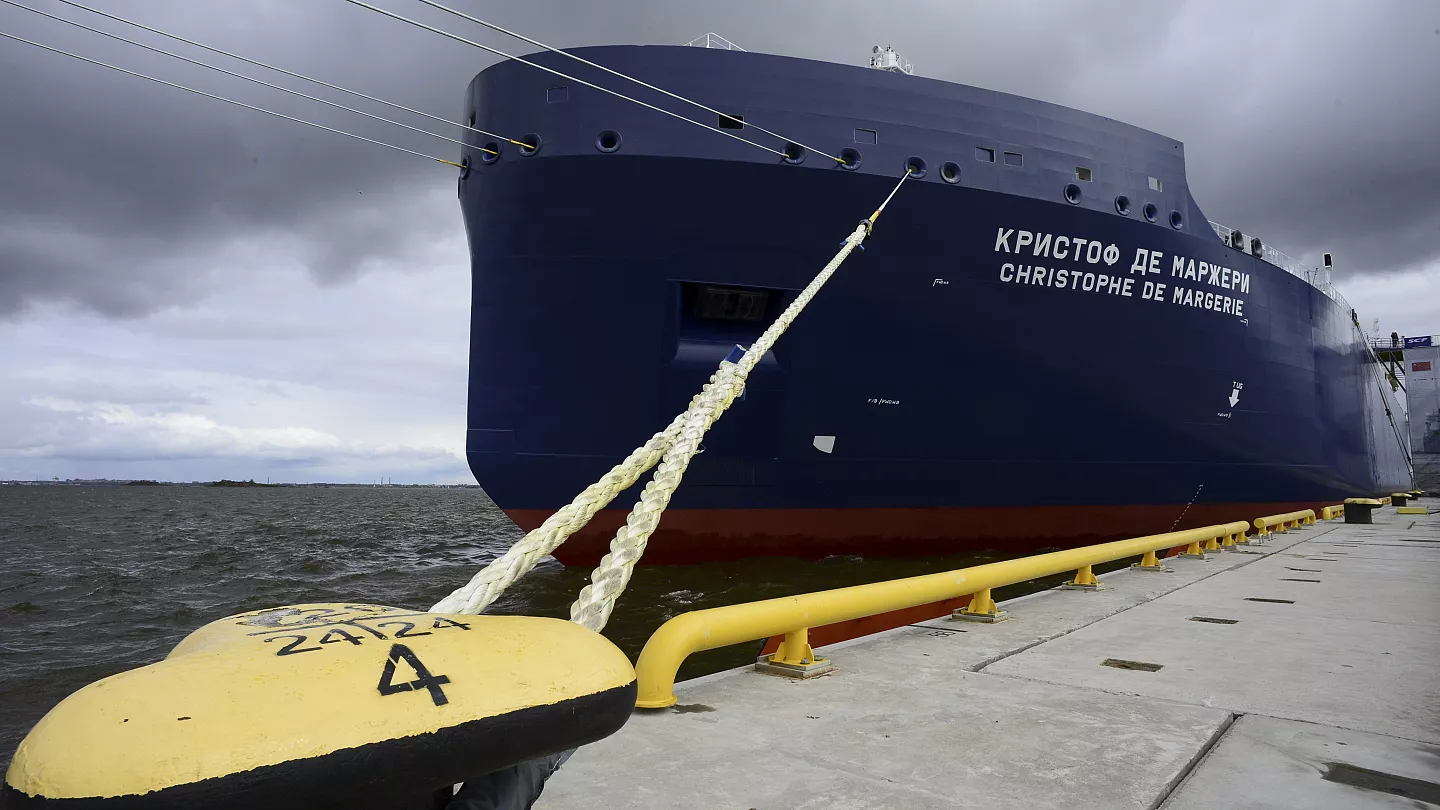According to recent analyses of trade data reported by The Associated Press (AP), France's imports of Russian liquefied natural gas (LNG) more than doubled in the first half of this year. This surge comes at a time when Europe has been attempting to reduce energy purchases that help finance Russia's invasion of Ukraine.
While Europe has restricted Russian oil imports, natural gas is still permitted. An analysis found that EU countries overall imported 7% more Russian LNG in the first half of this year compared to the same period last year, with France leading the increase.
Oleh Savytskyi, founder of the non-profit Razom We Stand, stated that the EU's goal of phasing out all Russian fossil fuels by 2027 was "appallingly off track." He argued that countries buying Russian LNG are undermining Europe's energy transition and contributing billions to Russia's war effort.
European governments have resisted banning Russian gas imports entirely, citing concerns over skyrocketing energy and heating bills and potential harm to industrial gas users.
The analysis, initially conducted by the Institute for Energy Economics and Financial Analysis (IEEFA), revealed that French companies imported almost 4.4 billion cubic meters of Russian LNG in the first half of this year, compared to just over 2 billion cubic meters in the same period last year.
French energy giant TotalEnergies accounted for the largest share of these imports. The company stated that it was bound by contracts signed before Russia's invasion of Ukraine.
The French Finance and Economy Ministry explained that recent Houthi rebel attacks on ships in the Suez Canal have forced a reshaping of LNG imports, with Russian Arctic routes remaining unaffected.
While France increased its Russian LNG imports, it simultaneously reduced imports from other suppliers, including the US, Angola, Cameroon, Egypt, and Nigeria.
Jason Feer, a global head of business intelligence at energy consultants Poten and Partners, noted that Russian LNG typically sells at a small discount due to some buyers' reluctance to purchase it.
France's domestic gas demand fell by 9% in the first half of this year compared to last year, while its gas exports to Belgium rose by almost 10%. This has led some experts to suggest that companies are profiting from this trade.
TotalEnergies, which owns a 20% stake in Russia's biggest LNG project in the Arctic Circle, stated that it was legally bound to honor its contracts unless new sanctions were imposed.
The European Commission maintained that overall imports of Russian gas have fallen considerably between 2021 and 2023, despite this temporary volume increase.
However, Razom We Stand's Savytskyi called for the EU to implement a full embargo on Russian LNG, arguing that companies like TotalEnergies should not be allowed to keep Europe dependent on Russian gas.









